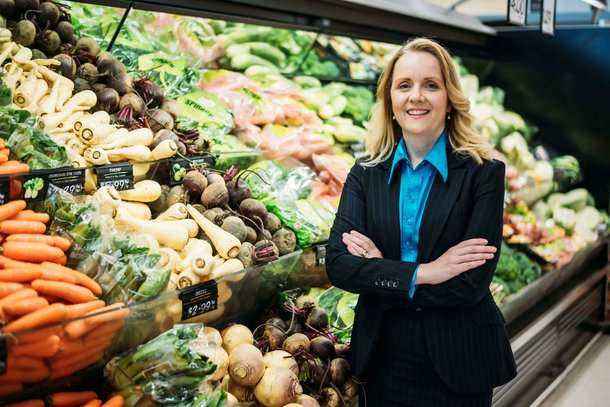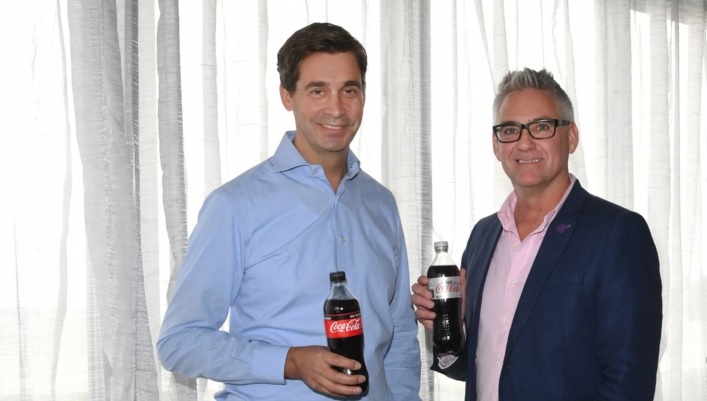
Throughout the course of my week I speak to a lot of people in the FMCG industry who run and direct the companies, both tiny and huge, that comprise a massive chunk of the New Zealand economy. And it is massive: $34 billion in domestic retail sales, more than $31 billion in exports, directly or indirectly employing about 400,000 people. The $31 billion in exports was 72% of total merchandise exports in 2014. In addition, food and beverage is our biggest manufacturing sector, representing 44% of total manufacturing income.
It’s safe to say that the people behind these companies are more than just captains of our industry – they’re captains of our economy, with huge responsibilities. That’s why I’m always impressed with how they’re always happy to stop and chat about what they’re up to, or to share an anecdote or two. It seems nothing’s too big or too small for most of them.
It was this that led me to the idea of the FGC’s Leaders Series Videos interviews. I never tire of listening to these people and decided we should expose more people to their experience and expertise. No surprises that we had a great response when we put the idea out there, and we have now interviewed 28 of these leaders. At the time of writing we had released 21, all of them imparting various business tips and pearls of wisdom – from sustainability, health and safety, and training, to talent, wellness, and branding.
Two that recently caught my eye did so because they are particularly pertinent to New Zealand’s economic success – the quality of products and how to sell them overseas.
Doing better, not cheaper
In an interview on sustainability through innovation, Sealord Group General Manager NZ Stuart Yorston says New Zealand companies need to spend more time doing better, not cheaper, and focusing on innovation and “premiumisation” and how to add value to consumers.
He points to categories where there’s an added value – ice cream and chocolate, for example – but says by thinking about innovation all through the value chain it’s possible to add value to even stable, non-treat categories.
His own example: Sealord’s new premium range within its ambient tuna category. “It’s changed the way consumers buy – it’s the unique flavours that they can’t get anywhere else, and it’s added real value to the consumer and our customer through premiumisation in what is a relatively stable category.” And it’s about “where can I make differences or changes that are going to make a benefit to our consumer”.
Having done that, Andrew Smith, Chief Executive of Prolife Foods, says it’s important companies’ first export market is Australia because it’s not far away, is five times bigger than us, and it consumes similar products.
His three keys for success there? Be good in the Zealand market because Australia is much harder, do research and use available expertise, and make sure you have the investment “for the whole journey”, rather than just the first six months or year.
From there, the next obvious market is Asia where the keys to success are similar – except it’s important to collaborate with other Kiwi companies.
“When we’re overseas, we are part of NZ Inc, and there are things that we can do to collaborate that don’t interfere with our own potential but gives us all much greater potential – and that’s creating the scale that’s creating the expertise,” says Smith.
They’re valuable lessons from proven leaders who have been there and done that – one from our most successful seafood company and the other from a company that has built $100 million of international business in just six years.
This is the sort of expertise we must share if we are to continue to lead the world in as many ways as we do. Why would you not take advantage of it?
You can check out the Leaders Series Videos on FGC’s YouTube channel or via our website.



